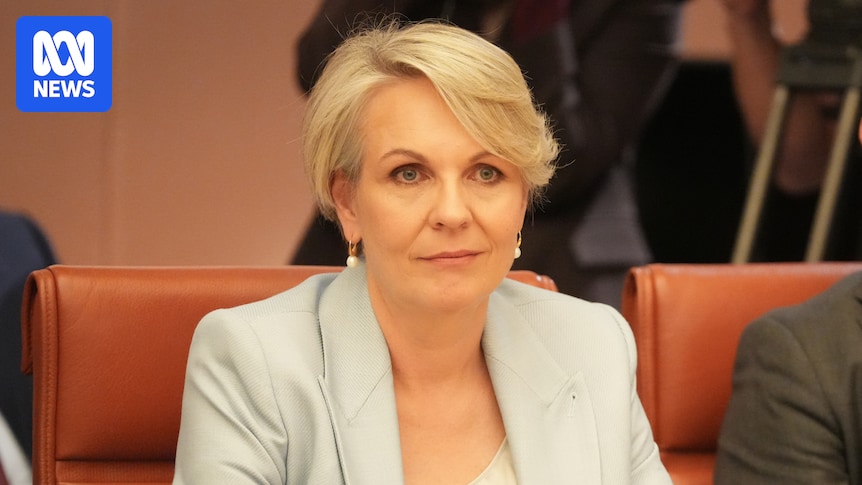
In a significant legal ruling, the Federal Court has determined that former federal environment and water minister Tanya Plibersek approved a major water resource plan without reading it in November 2022. This decision has highlighted a failure by the federal government to fulfill its legal obligations to engage and consult with Indigenous groups before sanctioning the New South Wales Fractured Rock Water Resource Plan (FRWRP).
The FRWRP is a critical document outlining the management of water located in fractures, joints, bedding planes, faults, and cavities within rock masses across the Murray-Darling Basin. The court revealed that Plibersek did not have a copy of the plan at the time of its approval, a move that contravened section 63(a) of the Water Act and breached her governmental responsibilities.
Indigenous Consultation and Legal Implications
This ruling represents a victory for the Murray Lower Darling Rivers Indigenous Nations (MLDRIN), a confederation of 20 traditional owner groups in the southern Murray-Darling Basin. MLDRIN brought the case to court, asserting that the government had failed to consult adequately with Indigenous groups on cultural, social, and spiritual matters related to the water resources.
MLDRIN argued that consultation requirements with First Nations rights holders were not met, specifically pointing out the complete lack of consultation with the Tati Tati Nation. The court’s decision to quash the accreditation of the FRWRP means that the plan must now be reconsidered by the current Environment and Water Minister, Murray Watt.
Ministerial Oversight and Responsibilities
While MLDRIN succeeded in its challenge against the former minister’s office, it did not prevail in its claims against the Murray-Darling Basin Authority (MDBA). The authority had recommended the approval of the FRWRP to Plibersek, asserting that it had engaged with First Nations rights holders, albeit inadequately according to MLDRIN.
The MDBA’s recommendation process involved initial consultations with the Northern Basin Aboriginal Network and later with MLDRIN, which advised against accrediting the plan. Despite MLDRIN’s arguments that the MDBA’s recommendation was invalid, the court found the authority acted lawfully, though it acknowledged the consultation fell short of First Nations’ expectations.
Broader Implications for Water Management
The court’s decision underscores the complexities involved in managing Australia’s vital water resources, particularly in the Murray-Darling Basin, a region that has long been the focus of environmental and political debates. The Basin is an interconnected system of rivers and lakes, crucial for agriculture, ecosystems, and Indigenous communities.
Experts suggest that this ruling could prompt a reevaluation of how water resource plans are developed and approved, emphasizing the necessity for thorough consultation with Indigenous communities. The decision may also influence future legislative amendments to ensure compliance with consultation requirements.
“This ruling is a reminder of the importance of meaningful engagement with Indigenous communities in managing our natural resources,” said Dr. Sarah Johnson, a water policy expert at the University of Sydney.
Historical Context and Future Directions
The Murray-Darling Basin has been a contentious issue in Australian environmental policy for decades. Historical disputes over water rights and management have often pitted agricultural interests against environmental concerns and Indigenous rights. This latest court ruling adds another layer to the ongoing dialogue about sustainable and equitable water management.
As the current government reconsiders the FRWRP, it faces the challenge of balancing diverse stakeholder interests while adhering to legal and ethical standards. The outcome of this reconsideration could set a precedent for future water resource planning across Australia.
Looking ahead, the government may need to implement more robust frameworks for Indigenous consultation to prevent similar legal challenges. Such measures would not only uphold legal obligations but also foster trust and collaboration with Indigenous communities, ensuring their voices are integral to the stewardship of Australia’s natural resources.
The next steps involve Minister Murray Watt’s review of the FRWRP, which will be closely watched by stakeholders across the nation. The review process will likely include renewed consultations with Indigenous groups to address the shortcomings identified by the court.







